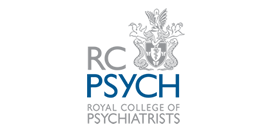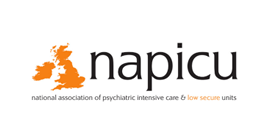
Despite there being a multitude of phobias, all phobias can be categorised into two main groups - simple and complex.
Simple phobias are based on an irrational fear of a specific experience or object and are often triggered in childhood or adolescence after a particularly distressing experience. In some cases, the phobia can last a lifetime unless we manage to overcome it, whilst in other cases, the phobia can decrease as we get older and rationalise the fear.
Symptoms can range from feeling dizzy, nausea, heart palpitations, sweating, shortness of breath, fear of fainting or even death. In extreme cases, these symptoms can bring about a panic attack which in turn can lead to an increase in the phobia, more anxiety, and even depression
Many individuals with phobias do not need treatment, as simply avoiding the trigger can often be enough. However, if your phobia is affecting your ability to engage with and manage each day, it may be time to seek professional help. We usually suggest a talking therapy such as cognitive behavioural therapy to help you build resilience and change debilitating thought patterns and feelings. If the phobia starts to affect your mood, medication such as antidepressants, beta-blockers or tranquilisers.
We can help you change your own reaction by suggesting a range of both medical treatments and talking therapies such as cognitive behavioural therapy. This can be useful to help understand our own thoughts and behaviours contributing to your distress and help to lift your mood by changing the cycle of negative thinking.
MD, FRCPsych, DPM, Msc, MBBS
Consultant Psychiatrist and CBT Specialist


Dr Pereira helps patients to meaningfully understand, make peace, develop insight and let go of the past – to be precise, clear, connected, resourceful, calm and engaged with the present, in order to release mental space, energy and contentment for the future.
Established private practice
in the City of London
since 1993












